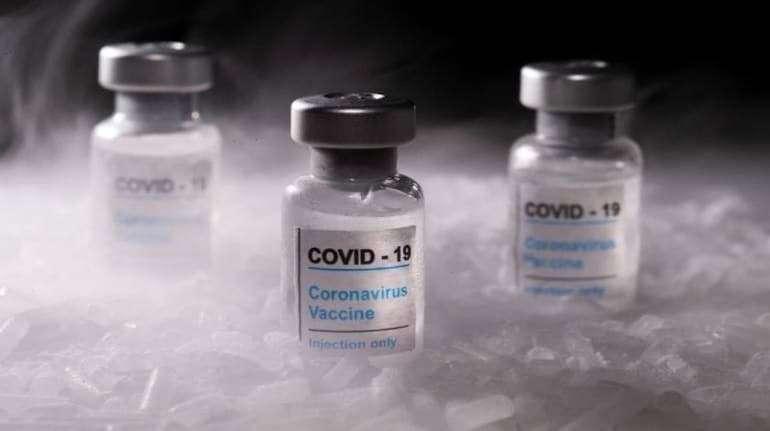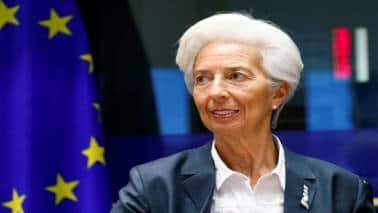AstraZeneca to initiate human testing to assess its Covid vaccine with Russia's Sputnik V
The scientific collaboration between UK and Russia to explore a combination of their respective Covid-19 vaccine is a significant development, as both the countries are seen to be fiercely competing for Covid-19 vaccine dominance.
Dec 11, 2020 / 06:05 PM IST
British-Swedish drugmaker AstraZeneca on December 11 said it will initiate a clinical trial to assess safety and immunogenicity of a combination of its Covid-19 vaccine and Russia's Sputnik V covid vaccine.
AstraZeneca said it will begin enrolling adults aged 18 years and older to test the combination.
"Combinations of different COVID-19 vaccines may be an important step in generating wider protection through a stronger immune response and better accessibility," said AstraZeneca in a statement.
"This is why it is important to explore heterologous boosting to make immunisation programmes more flexible, by allowing physicians greater choice at the time of administering vaccines. It is expected that combining vaccines may lead to improved immune response," the statement added.
The scientific collaboration between the UK and Russia to explore a combination of their respective Covid-19 vaccines is a significant development, as both countries are seen to fiercely competing for Covid-19 vaccine dominance.
Russian authorities had on On November 27 proposed trying a combination of AstraZeneca's COVID-19 vaccine with Sputnik V to boost efficacy.
Combination logic
The logic for combination proposal from Russian authorities is that two full dose regimen of AstraZeneca-Oxford University vaccine resulted in 62 percent efficacy in the early analysis. The reason attributed to the lower immunity is that AstraZeneca uses the same Chimpanzee adenoviral vector for the two doses. It was reasoned that the first shot makes the second shot ineffective. In contrast, Sputnik V vaccine which claims 95 percent efficacy uses two different human adenoviral vectors for two shots, called as heterologous boosting. Russian researchers say by combining the vaccine with Sputnik V will further boost the efficacy of AstraZeneca-Oxford University's vaccine.
Both AstraZeneca's vaccine AZD1222 and Sputnik V are based adenoviral vectors that contain genetic material of SARS-CoV-2 virus spike protein. The adenovirus itself is unable to replicate so it can only act as a carrier of genetic material.
Gamaleya Research Institute and the Russian Direct Investment Fund have developed Sputnik V vaccine, which was rolled out for mass vaccination in Russia.
The UK government recently announced that it will begin a clinical trial combining the adenovirus vaccines with mRNA technology.
AstraZeneca is also considering how it can explore heterologous combinations of different adenovirus vaccines.
Moneycontrol Coronavirus vaccine tracker
Viswanath Pilla is a business journalist with 14 years of reporting experience. Based in Mumbai, Pilla covers pharma, healthcare and infrastructure sectors for Moneycontrol.












_2020091018165303jzv.jpg)



























